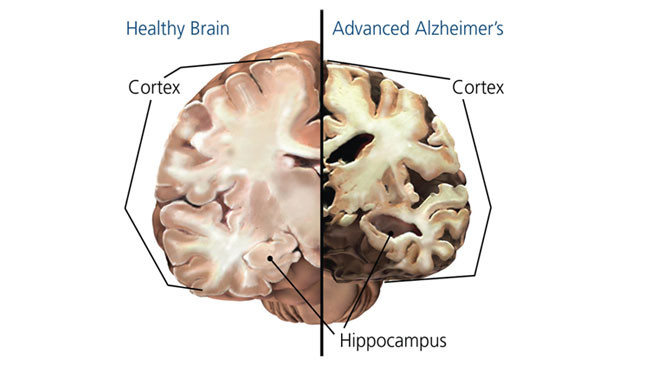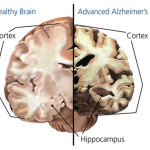
Alzheimer's Care in 2023: Insights from Shamis Tate FNP-C, MSN
Alzheimer's disease is a type of dementia that affects memory, thinking, and behavior. It is a progressive disease that gets worse over time and can have a significant impact on both the individual with the disease and their loved ones. As the population ages, the number of people living with Alzheimer's disease is expected to rise. It is estimated that by 2050, the number of people living with Alzheimer's disease in the United States will triple.
One expert who understands the challenges of Alzheimer's care is Shamis Tate FNP-C, MSN, a family nurse practitioner with experience in caring for individuals with Alzheimer's disease. In this article, we’ll explore some of the key aspects of Alzheimer's care in 2023, with insights from Shamis Tate FNP-C, MSN.
-
Early Detection and Diagnosis Early detection and diagnosis are essential for effective Alzheimer's care. By identifying the disease early, individuals and their loved ones can begin to plan for the future and access the care and support they need. According to Shamis Tate FNP-C, MSN, "Early detection and diagnosis are key to managing Alzheimer's disease. It allows individuals and their families to make important decisions about care and plan for the future."
-
Caregiver Support for Alzheimer's disease can be a difficult and emotional journey for both the individual with the disease and their loved ones. Caregivers play an essential role in providing support and care to individuals with Alzheimer's disease. However, caring for someone with Alzheimer's disease can be challenging and overwhelming.
Shamis Tate FNP-C, MSN notes, "Caregiver support is crucial in Alzheimer's care. Caregivers need support and resources to help them manage the day-to-day challenges of caring for someone with Alzheimer's disease." This can include access to respite care, support groups, and counseling services.
- Medication Management While there is currently no cure for Alzheimer's disease, medications can help to manage some of the symptoms of the disease. These medications can help to improve memory and slow the progression of the disease. However, medication management can be complex, particularly as the disease progresses.
Shamis Tate FNP-C, MSN explains, "Medication management is an important aspect of Alzheimer's care. It is essential to work closely with a healthcare provider to ensure that medications are being used appropriately and effectively."
- Safety Measures As Alzheimer's disease progresses, individuals may become increasingly confused and disoriented. This can put them at risk for falls, wandering, and other safety concerns. Safety measures, such as home modifications and caregiver training, can help to reduce these risks.
According to Shamis Tate FNP-C, MSN, "Safety measures are essential in Alzheimer's care. They can help to ensure the safety and wellbeing of individuals with Alzheimer's disease and reduce the stress and anxiety of caregivers."
- Supportive Care Supportive care, such as physical therapy, occupational therapy, and speech therapy, can help to improve the quality of life for individuals with Alzheimer's disease. These therapies can help to maintain mobility, promote independence, and improve communication.
Shamis Tate FNP-C, MSN notes, "Supportive care is an important aspect of Alzheimer's care. It can help individuals with Alzheimer's disease to maintain their function and independence for as long as possible."
- End-of-Life Care As Alzheimer's disease progresses, end-of-life care becomes an important consideration. It is important to ensure that individuals with Alzheimer's disease receive compassionate and appropriate care at the end of their lives.
According to Shamis Tate FNP-C, MSN, "End-of-life care is an important aspect of Alzheimer's care. It is important to have open and honest conversations with patients and their loved ones about their wishes and preferences for end-of-life care."
In conclusion, Alzheimer's disease is a complex and challenging condition that requires specialized care and support. Early detection and diagnosis, caregiver support, medication management, safety measures, supportive care, and end-of-life care are all important aspects of Alzheimer's care. As Shamis Tate FNP-C, MSN explains, "Alzheimer's care requires a team-based approach, with healthcare providers, caregivers, and loved ones working together to provide the best possible care and support for individuals with the disease." By working together and accessing the necessary resources and support, individuals with Alzheimer's disease can receive the care and attention they need to maintain their quality of life and live with dignity and respect.



